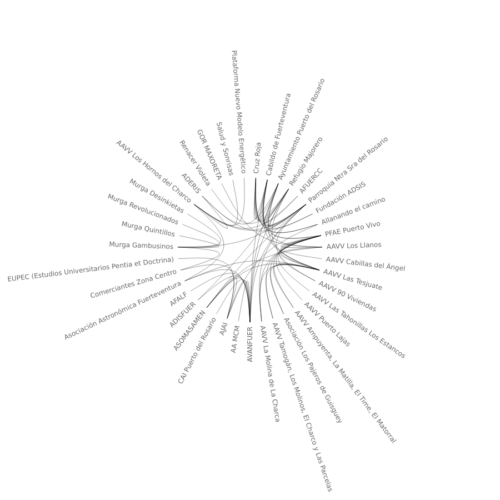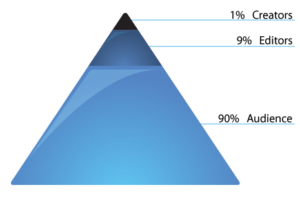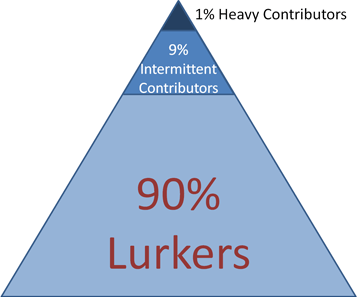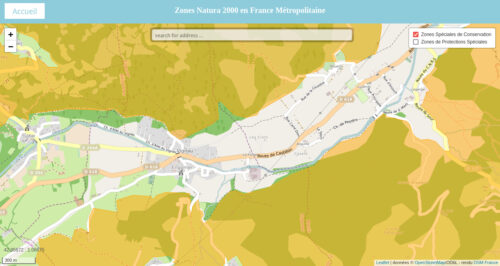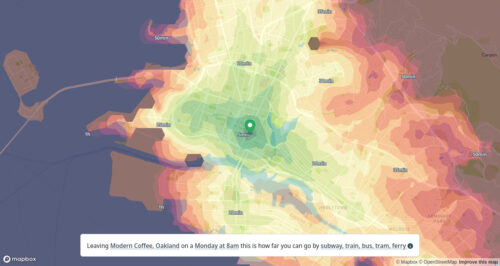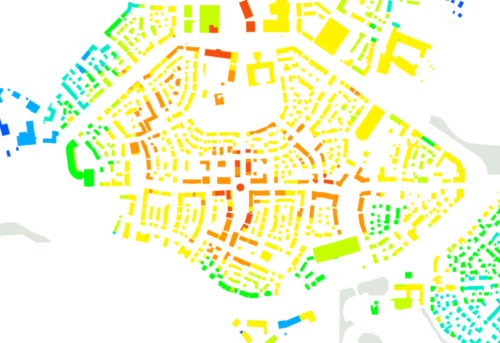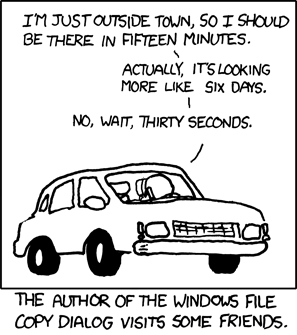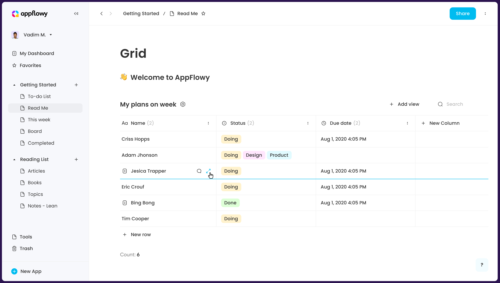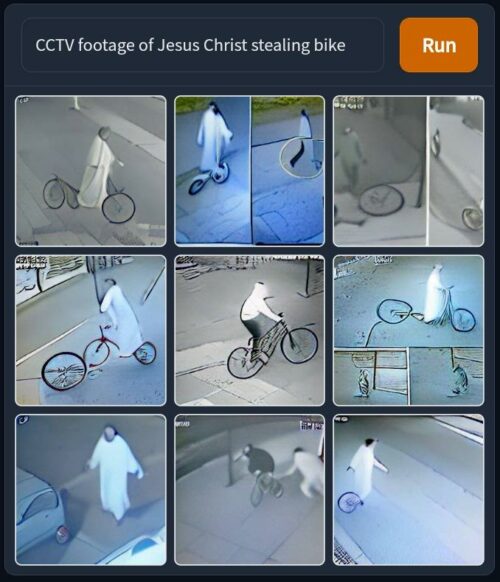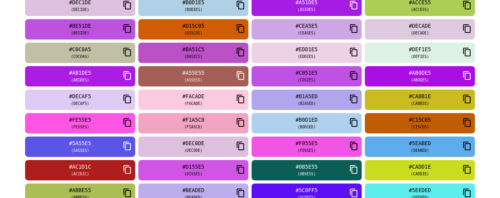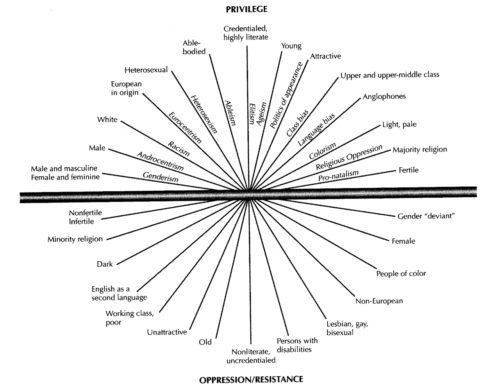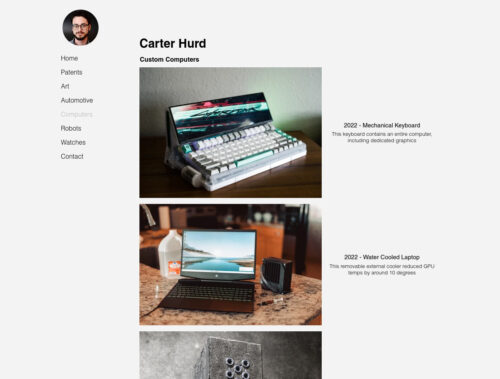Ahora, dependiendo del color político del medio, o se buscan chivos expiatorios que canalicen la rabia y el miedo, o se ofrece un repertorio de soluciones personalizadas que se resumen en apriétese individualmente el cinturón, búsquese la vida o pase de todo y disfrute, mientras avanza la dinámica de acumulación, acaparamiento, explotación y erosión de los derechos. Es el capitalismo del desastre.
Creo que los movimientos sociales y las izquierdas institucionales se tienen que responsabilizar y actuar coherentemente con los diagnósticos que se hacen. La cuestión es ver si se puede intentar estar a la altura del momento histórico que nos ha tocado vivir.
Las mayores diferencias se establecen en torno a los ritmos y las estrategias sociales, políticas y/o electorales para lograrlo. Pues bien, no hace falta ponerse de acuerdo en todo. Pueden y deben intentarse transformaciones en todos los ámbitos. Que cada cual empuje donde crea que es más útil.
El movimiento ecologista que yo conozco ha sido capaz de aplicar en todo momento un tremendo pragmatismo utópico.
Creo, como dice Bruno Latour, que la racionalidad ecologista, que reconoce las dependencias materiales humanas y los límites, es la más necesaria en el momento actual.
Nombrar y diseccionar los problemas no es catastrofista. Hay una tendencia a confundir los datos con la catástrofe. La catástrofe no son los datos por malos que sean. Lo catastrófico es extraviar la pulsión y el deseo intenso de estar vivos, de permanecer con vida.
La economía doméstica, las pensiones, o que se pague un seguro de entierro, muestran que las personas son capaces de prever y renunciar a algunos bienes en el corto plazo para hacer menos incierto el futuro. Es catastrofista pensar que los seres humanos estamos incapacitados para desarrollar una racionalidad de la precaución y la cautela.
Pero, en mi opinión, también es tremendamente catastrofista declarar de forma taxativa que lo que sería necesario hacer para afrontar el desmoronamiento de los sistemas socioeconómicos fosilistas en tiempos de cambio climático es inviable políticamente. Es otro tipo de determinismo, que viene marcado por la falta de confianza en lo que las personas pueden comprender y construir en común.
[En Chile] Esa explosión comunitaria no surgió de la nada, sino que se condensó alrededor de pequeños coágulos de encuentro y organización previos. La lucha por las pensiones dignas, la rebelión contra los peajes de pago, la resistencia en las zonas de sacrificio, las violencias machistas, el colonialismo… De no haber existido esos pequeños tumores dentro de la normalidad, hubiese sido difícil articular un movimiento que en dos meses se atrevía a proyectar un nuevo horizonte de deseo.


